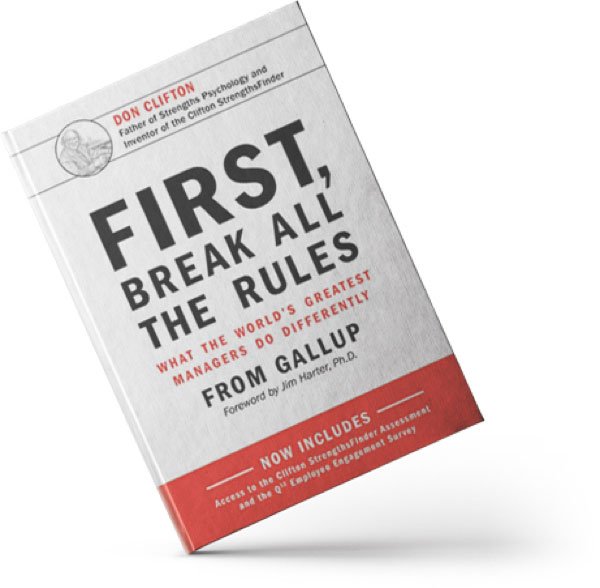Businesses constantly have to adapt to the world’s ever-changing problems. You may be wondering exactly how to grasp technology and ‘get ahead’ to create better, more secure, energy for your business which works for them. Written by Rosie Duck one of our CP Innovation Consultants.
Here we explore how the energy network is made up. How it will be changing and what this means for your business. And most importantly how you can benefit from this. No matter the industry you operate in, or the product/service you provide. Businesses who react quickly to the newest energy tech will reap the most benefit – taking back control of unstable prices and market security.
THE TIMES THEY ARE A-CHANGING
Times are ever changing for businesses, and 2022 is proving to be no exception. As the cost-of-living crisis wreaks havoc with our energy bills, many business owners will be questioning the UK energy supply and it’s capabilities in the modern world, plus our options for the future. In the UK, energy is produced via a diverse and complex network made up of mostly gas (around 40%), coal, nuclear and some renewables. The advantage of fossil fuel use is that it’s globally developed and reliable, it provides cheap and safe energy to many UK households and businesses. However, our consistent worldwide reliance on fossil fuels has depleted our oil and gas resources to the point they are simply not sustainable for the future. Climate change, ever decreasing availability of fuels, overdependence and market manipulation means we must look elsewhere for our current and future energy demands.
The general trend is that a decrease in use of coal is being seen and an increase in use of renewables too. This is accompanied by a healthy projection of growth in the renewable energy market, with the UK expected to raise a Compound Annual Growth Rate of more than 10% from 2022 -2027. A side note – the Compound Annual Growth Rate determines how good the rate of return on your energy investment is. Competition within the renewable energy market alongside Government subsidies means the market is pushing even further gains. With big booms for businesses across the continent investing in renewable energy, the UK has massive potential to become a renewable energy hotspot.
OPTIONS FOR BUSINESSES
Businesses can cash in on this growth by considering investment in their own forms of renewable energy sources such as solar panels or wind turbines. In times of price turbulence, businesses with their own form of renewable energy generation have much better control of the price of their bills – leading to better cashflow estimates for the future and higher energy security. The process of decentralising our energy network (moving from large scale plants using fossil fuels to smaller renewable sources) will benefit all energy consumers – not just businesses. In Aberdeen, the city enabled a ‘district heating’ scheme to provide energy to 1,500 flats using just one renewable producer. Tenants saw their fuel costs decrease by 50%, and carbon emissions by 45%. As for the initial costs of setting up something like this within your own business – take a look at the .GOV finance and support page for businesses. It’s a great resource for finding grants and schemes available to help businesses make the first step in going green. No matter where you are based or the size of the business.
THE NUCLEAR OPTION
An often-controversial topic which frequently visits the energy headlines is nuclear. New nuclear power plants will be at the forefront of the Government’s plans to create greater energy independence, lessening our current reliance on other countries for gas. For the UK, nuclear holds a particularly useful advantage over many other energy production forms – the ability to produce enough power to meet the local baseline requirement whilst using very little area of land, which helps contribute towards the decentralisation strategy. EDF’s Hinkley Point C will power 6 million homes from just a quarter of a square mile. Hinkley Point C itself has generated jobs for hundreds of apprentices and trained staff, and resulted in £4.1 billion contracts being awarded to companies in the Southwest. Currently, Hinkley Point C is the largest scale construction project in Europe. So it’s fair to say that the production of nuclear energy and new nuclear plants benefits our economy considerably – six years on, Hinkley Point C is still looking to partner up with and even offering training packages for businesses who would like to supply the plant. With contracts delivered in almost everything from roadworks and groundworks to catering and design: the development of new nuclear plants in the UK will benefit almost all local businesses.
FINDING THE SOLUTION
So all in, is Nuclear the answer? In our view the solution to our complex energy crisis doesn’t rely on one form of energy. The solution will rest in a hybrid of sources including building new, efficient, small scale renewable energy stations which can meet the needs of individuals and businesses in a secure and sustainable way. If your business is interested in grants to help you strive towards using alternative energy sources, contact the CP Innovation team to arrange a discussion.























